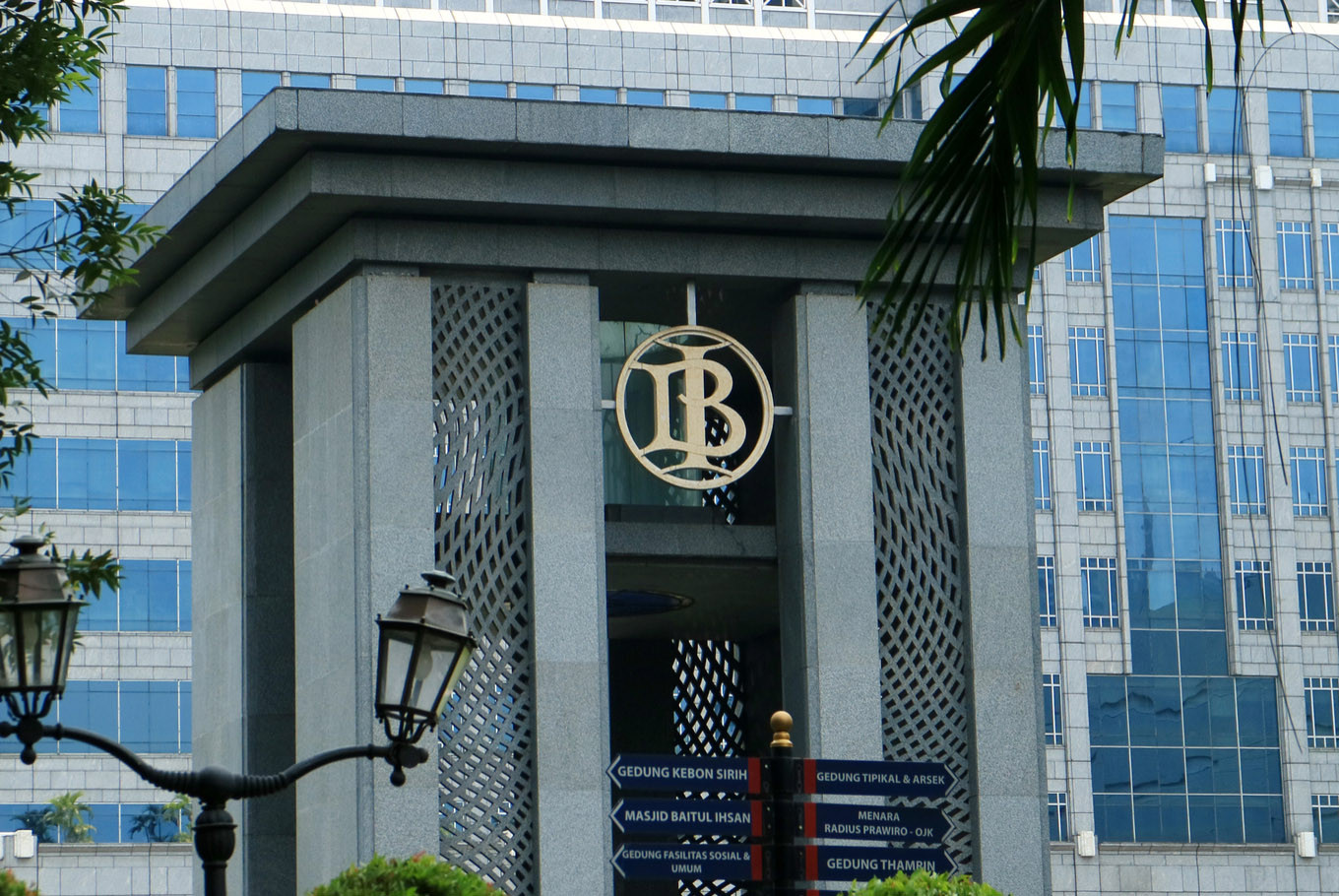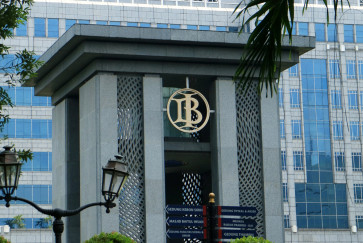Popular Reads
Top Results
Can't find what you're looking for?
View all search resultsPopular Reads
Top Results
Can't find what you're looking for?
View all search resultsLower policy rate a must to stimulate economy
A lower interest rate policy could stimulate the real sector through investment and household spending. #opinion
Change text size
Gift Premium Articles
to Anyone
T
he United States Federal Reserve shook financial markets and macroeconomic conditions in developing countries, including Indonesia, by increasing the federal funds rate four times in 2018. The depreciation of the rupiah against the US dollar was inevitable because of massive capital outflows. The currency at one point fell to 15,000 against the greenback, the lowest since the aftermath of the 1998 financial crisis.
Bank Indonesia (BI), therefore, responded by raising the seven-day reverse repo rate by 175 basis points from 4.25 to 6 percent. The increase of the seven-day reverse repo rate made BI one of the most hawkish central banks in Asia in 2018.
The stance was taken to maintain the Indonesian market’s attractiveness to portfolio capital in a bid to increase foreign reserves and strengthen the rupiah.
Entering 2019, the long running China-US trade war that has had negative impacts on both countries with the largest economies in the world forced the Fed to be calmer. In the first half, for instance, the fund rate was kept at 2.5 percent. According to UOB Global Economics and Markets Research, the fund rate is projected to decrease to 2 percent in the second half. Therefore, there is an opportunity for monetary easing in emerging markets.
India, Malaysia and the Philippines have started to cut central bank policy rates, while Indonesia has maintained the seven-day reverse repo rate at 6 percent over the past seven months. An interest rate cut would stimulate real sector investment and household spending as both are the main drivers of gross domestic product (GDP) growth.
Indonesia’s growth has been hovering at about 5 percent since third quarter of 2012, soon after the end of the commodity boom.
Although the growth rate is one of the highest in Asia, it is not enough to create jobs for the huge number of unemployed and lift the country out of the middle-income trap. Hence, a reduction in the seven-day reverse repo rate is essential to spur economic growth.


















